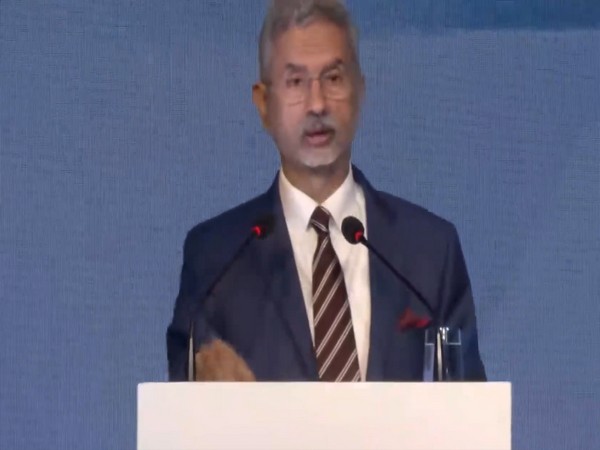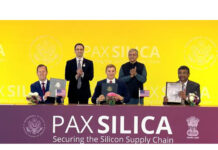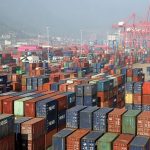External Affairs Minister S. Jaishankar on Saturday slammed the United States for imposing what he described as “unjustified and unreasonable” tariffs on Indian goods. The comments come in response to the Trump administration’s decision to hike duties to over 50 percent, reportedly as a consequence of India purchasing oil from Russia.
Speaking at The Economic Times World Leaders Forum 2025, Jaishankar emphasized that India’s main concern is safeguarding the interests of its farmers and small-scale producers. He asserted that the government would not waver in protecting these groups.
“What we are concerned about is that red lines are primarily the interest of our farmers and, to some extent, our small producers. So when people pronounce that we have succeeded or failed, we as a government are committed to defending the interests of our farmers and small producers. We are determined on that. That’s not something we can compromise,” Jaishankar said.
Jaishankar also challenged the framing of the tariffs as being linked solely to oil imports. He argued that similar actions have not been taken against countries like China or European nations, despite their far greater energy trade with Russia.
“The second issue is that this is being presented as an oil issue. But why I say ‘being presented’ is because the same arguments that have been used to target India have not been applied to the largest oil importer, which is China, and have not been applied to the largest LNG importer, which is the European nations,” he said.
He pointed out the inconsistency in Western positions, noting that Europe conducts more trade with Russia than India does. “People accuse us of financing the war, yet Europe’s trade with Russia exceeds ours. If money is the issue, then it’s their funds flowing into Russian coffers. Whether you look at energy or overall trade, the EU’s engagement with Russia surpasses India’s. Yes, our exports to Russia have increased, but not dramatically,” he added.
Jaishankar underlined India’s right to make decisions aligned with its national interests. “Making decisions in our national interest is entirely within our rights. That, to me, is the essence of strategic autonomy,” he said.
Despite the friction, Jaishankar noted that dialogue between India and the US continues. “We are two major nations. The lines of communication remain open, and discussions are ongoing. Let’s see how it unfolds,” he said.
When asked about the appointment of the new US ambassador to India, Jaishankar declined to comment. “As the Foreign Minister, I do not comment on ambassadorial appointments made by other governments,” he responded.
Earlier in the week, Jaishankar visited Russia, where he met President Vladimir Putin, Deputy First Prime Minister Denis Manturov, and Foreign Minister Sergey Lavrov. He also co-chaired the 26th session of the India-Russia Inter-Governmental Commission on Trade, Economic, Scientific, Technological and Cultural Cooperation (IRIGC-TEC).
According to the Ministry of External Affairs, discussions during the visit covered terrorism, the Ukraine conflict, and developments in West Asia and Afghanistan. Jaishankar also delivered Prime Minister Narendra Modi’s greetings to President Putin and held talks on key bilateral and international matters.


















